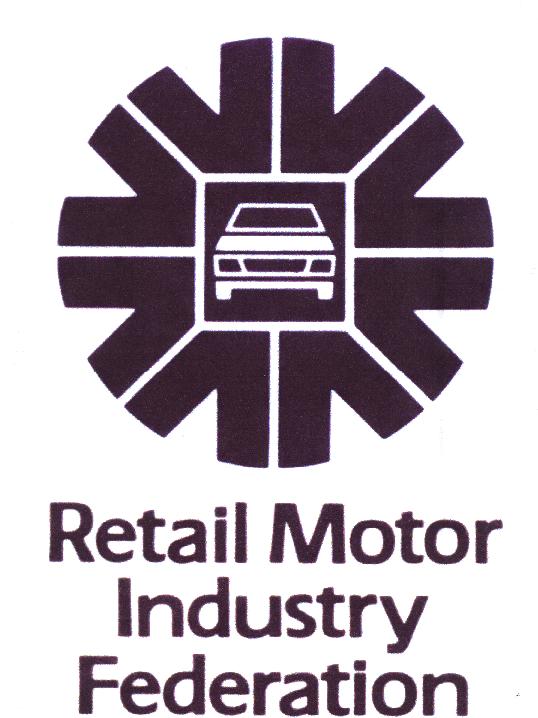MORE ABOUT US
Our History
Nestled in the quiet village of Kingsland, just outside the rural Herefordshire town of Leominster, Markhams Garage Ltd relishes the more unconventional requests as part of a normal day. "Just like the post office, a good garage should be at the centre of village life", states Bryan Markham, the 79 years old proprietor, who joined the firm in 1966, after his father founded the business three decades previously. Consequently, the community relies on the garage's brawn and brains to help with a wide range of problems that extends beyond their transport needs. While you might expect technicians to help with pleas to coax an unwilling engine into life on a cold morning, or help to wake a lawnmower from hibernation, calls beyond the usual call of duty, such as assisting with heavy furniture lifting, or even guiding randy bulls across the road safely into another field, is seen as typical country garage life. Two staff members are also on-call firefighters that are part of the local fire station and respond to emergency calls, including road traffic accidents.
Within this seemingly idyllic picture of country life, you would expect the premises to be chock-full of Morris Minor Travellers, Austin A30/35s and Series II Land Rovers but this is not the case, as technician, Simon Powney, admits. In truth, while Land Rover is the most popular marque that we see, the other vehicles are so varied that Markhams Garage would not be able to meet our customers' needs if we decided to specialise. Bringing tradition into the 21st Century should you imagine that a rural garage can last, by ignoring the challenges that are threatening the independent aftermarket, think again. If anything, rural life can make overcoming these trials even harder but Markhams’ survival has not been due solely to customer loyalty but rather its evolution. By the early 2000s, for example, it ceased its bus repair and taxi services, closed its bodywork repair division and expanded its mechanical repair facilities, with a bespoke six-bay workshop. At the same time, its two-bay MOT building was equipped with one of the first ATLs installed in the UK, which is due to be replaced again shortly. Another double bay incorporates a heavy-duty ramp for commercial vehicle repairs. We cannot afford to be complacent with technician training either, and we send our technicians regularly on courses to keep abreast as far as we can with new technologies.
Managing change, or at least a willingness and ability to make changes, is what helps with any business survival plan. We never feared change, which means that, whether we have to alter our modus operandi, to meet fresh challenges, or just keep a wary eye open for new opportunities, addressing change is only a component of the overall management strategy. Recognition as the ‘hub of a community’, has meant that an ‘anything goes’ approach has been essential. Naturally, being competitive in a hectic market is vital. Prices are critical, if we bump them up, even by £1 per hour, at worst, our customers will believe that something has gone wrong. Yet, with labour rates at £70 per hour, which can be exceeded by upwards of twice that amount in nearby Leominster, or Hereford, Markhams can only be said to offer great value for money.
It may only be a small team at Markhams but being on top of the latest technology is crucial to maintaining a local service to the community. We have been very careful to be as ‘tech-aware’ as we can be and it can sometimes shock our local customers when we produce a dedicated electronic reader, when dealing with their motoring problems. Knowing how to use the latest technology proficiently is also essential, although we know that a lot of it can save us money in the longer term, which can only be beneficial to a business possessing 90+ years of local consistency. Yet, so many communities change their boundaries. Young people leave to be educated and earn money in cities. Original inhabitants soon become outnumbered by out-of-towners. We are reminded constantly of logistical changes, but we have made it our job to know what’s happening locally and we can service company and fleet vehicles to the most exacting of manufacturer standards, without the associated heavy on-costs.
While village life, in some respects, can be idyllic, it demands steely determination to remain on top but Markhams has some great advice to offer anybody in a similar situation. Listen to your customers as a priority. Without their custom, you have NO business. They have made it their business to understand customers needs. In looking after them, they look after us. It is too easy to state that loyalty in modern society has been turfed out with the baby’s bathwater, but it is in our remit to nurture, and we care deeply about how we foster strong local relationships. If there any secrets resident in a small local garage business, very few of them are untried, or untested by Markhams Garage and, it proves that people management, in its broadest and most visceral sense, is what maintains this garage’s place in its community.






